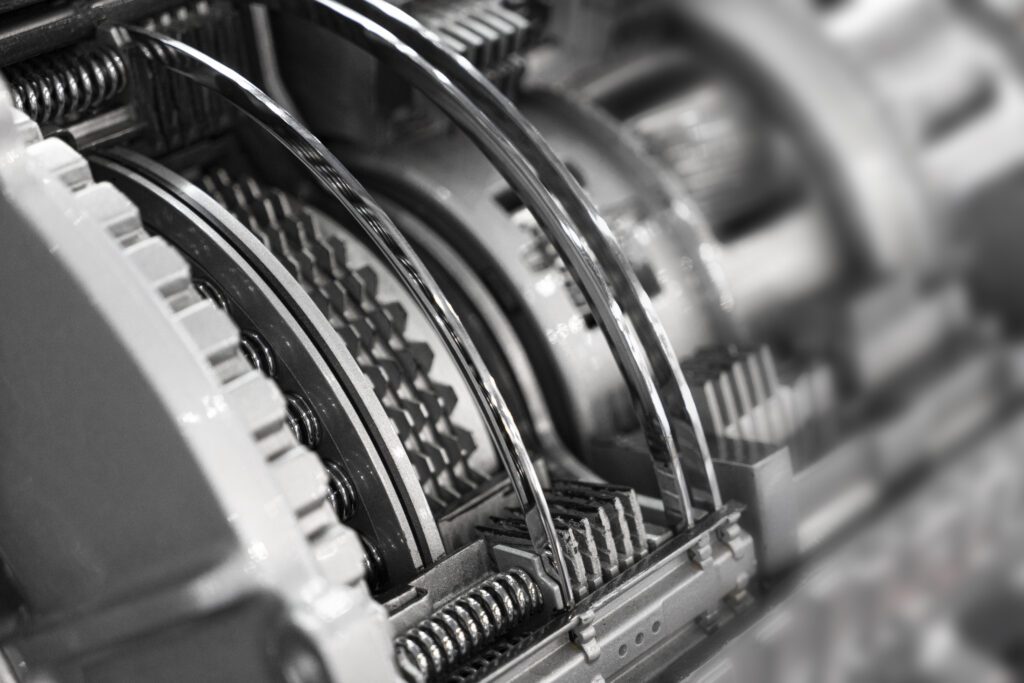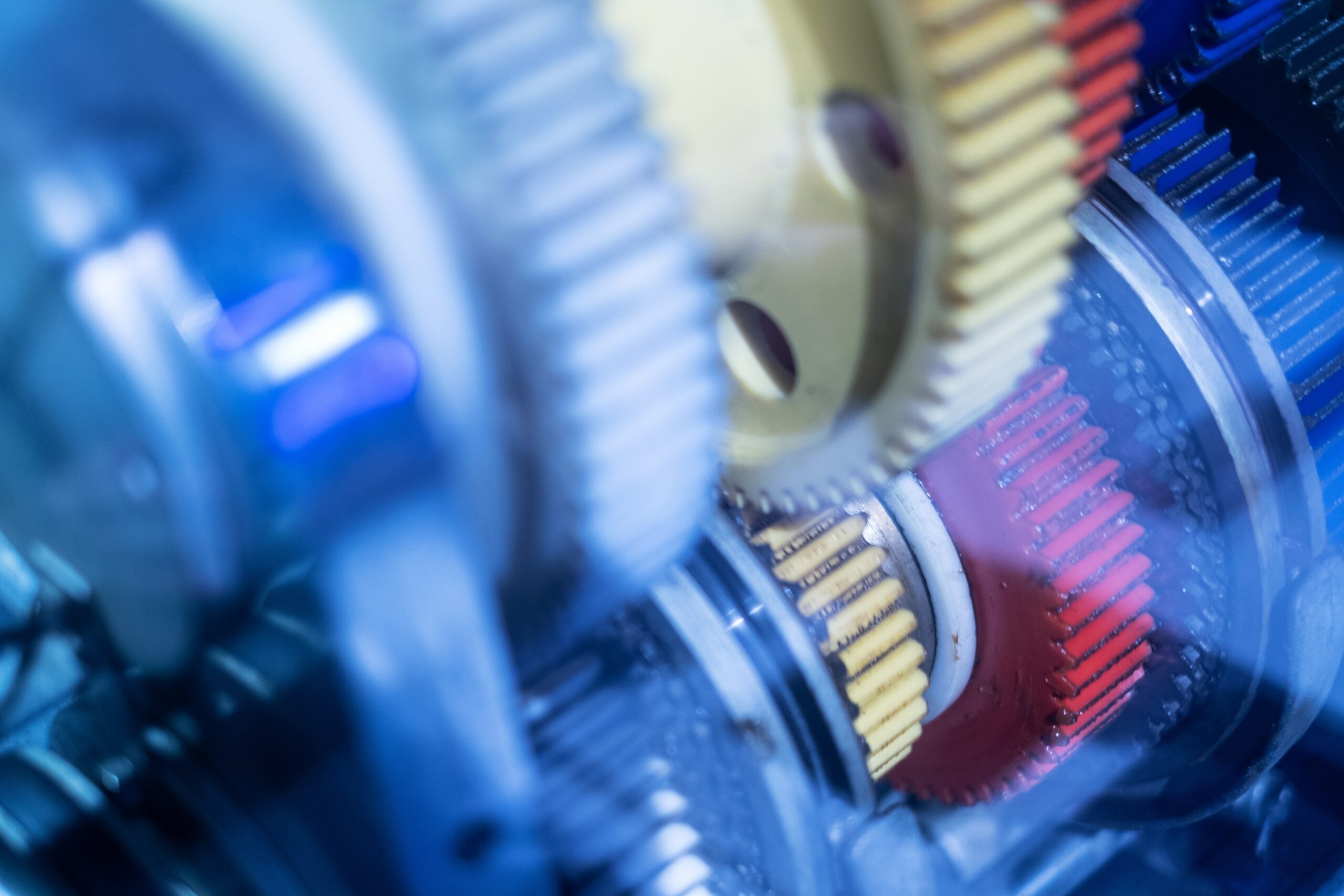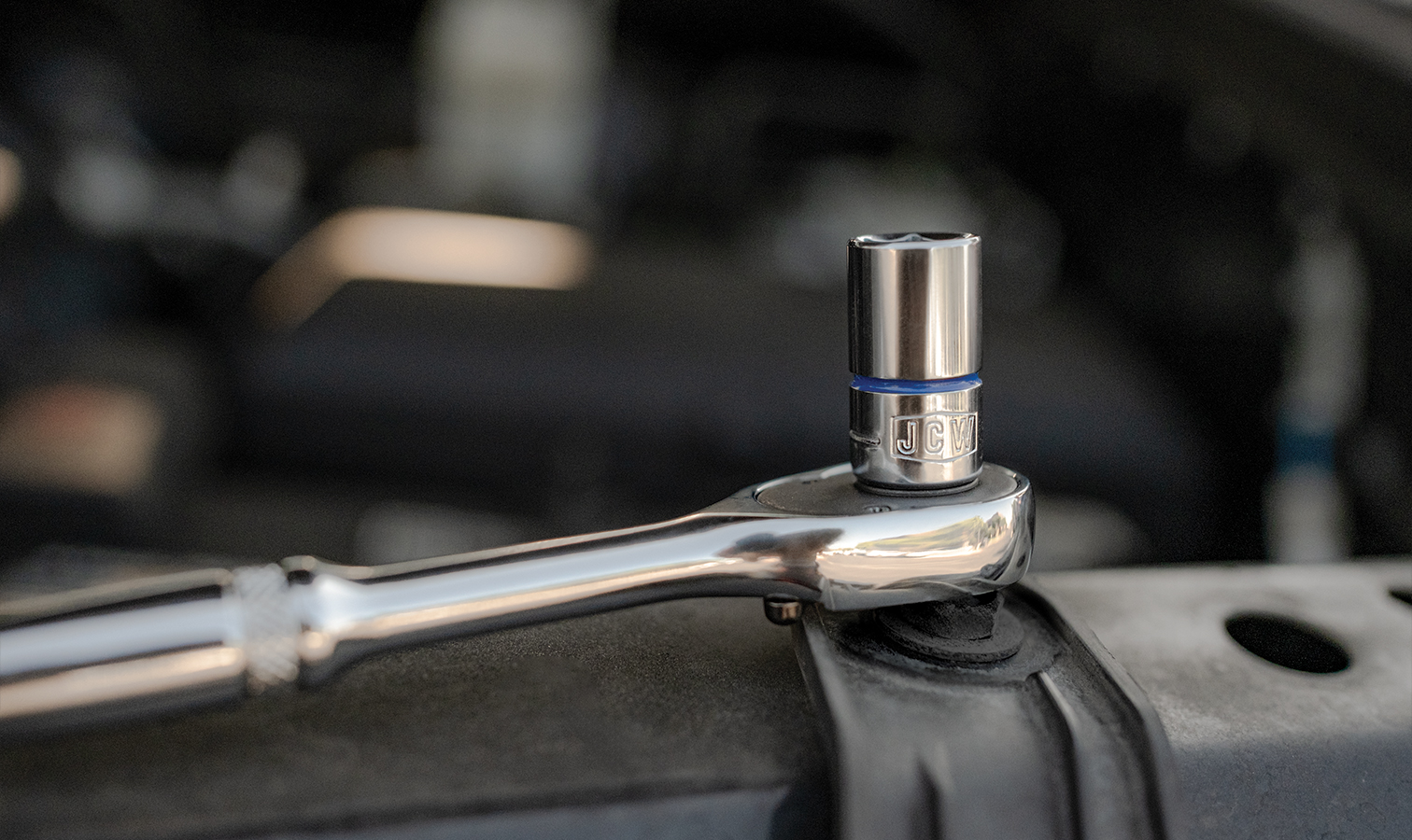Your vehicle’s transmission is a critical component that plays a pivotal role in ensuring your car moves smoothly. To keep your transmission functioning properly, regular maintenance and care are essential. In this article, we will explore the steps you should take to maintain your transmission’s health, from routine maintenance to understanding the importance of quality transmission parts.

- Regular Transmission Fluid Checks
Transmission fluid is the lifeblood of your transmission system. Regularly check the transmission fluid level and quality. Low fluid levels or dirty, burnt fluid can lead to overheating and premature wear. Follow your vehicle’s manufacturer recommendations for fluid change intervals, usually ranging from 30,000 to 60,000 miles. When changing the fluid, ensure you use the correct type specified in your owner’s manual.
- Transmission Flush
Every now and then, consider getting a transmission flush. This process replaces all the old fluid, ensuring the transmission is clean and operates efficiently. A professional mechanic can perform this service, which typically involves flushing out the old fluid, cleaning the transmission, and adding fresh fluid. A flush can help extend the life of your transmission.
- Cooling System Maintenance
Overheating is one of the leading causes of transmission problems. Ensure your vehicle’s cooling system is in good condition. Regularly check and replace the radiator coolant, fix any leaks, and keep the cooling system functioning at its best. An overheated transmission can result in severe damage and costly repairs.
- Regular Transmission Service
Scheduled transmission service includes not only changing the fluid but also inspecting the transmission for signs of wear and tear. This proactive approach can identify potential issues early on, allowing for timely repairs and preventing costly breakdowns.
- Drive Responsibly
Your driving habits have a significant impact on the lifespan of your transmission. Avoid aggressive driving, sudden stops, and excessive acceleration. Shift gears smoothly, and do not overload your vehicle. Treating your transmission gently can go a long way in ensuring its longevity.
- Quality Transmission Parts
When it comes to repairs or replacements, always opt for quality transmission parts. Substandard components may save you money initially, but they can lead to more significant expenses down the road. Ensure your mechanic uses reputable and OEM (Original Equipment Manufacturer) parts when repairing or replacing transmission components.
- Keep an Eye on Warning Signs
Pay attention to any warning signs of transmission problems. If you notice unusual noises, such as grinding or clunking, delayed or rough shifting, or transmission fluid leaks, address these issues promptly. Ignoring warning signs can lead to more severe damage and higher repair costs.
- Professional Maintenance
While some vehicle maintenance tasks can be done at home, transmission maintenance is best left to professionals. Qualified mechanics have the expertise and equipment to diagnose and repair transmission issues accurately. Regularly scheduled check-ups with a trusted mechanic can help you catch potential problems early and keep your transmission in top condition.
While this may not be the most riveting subject to read up on, we believe that these reminders are a good way to keep us all on track and prevent expensive repairs or worse yet, being stranded somewhere.
By following these tips, you can extend the life of your transmission and minimize costs. Take care of your transmission, and it will take care of you on the road.





